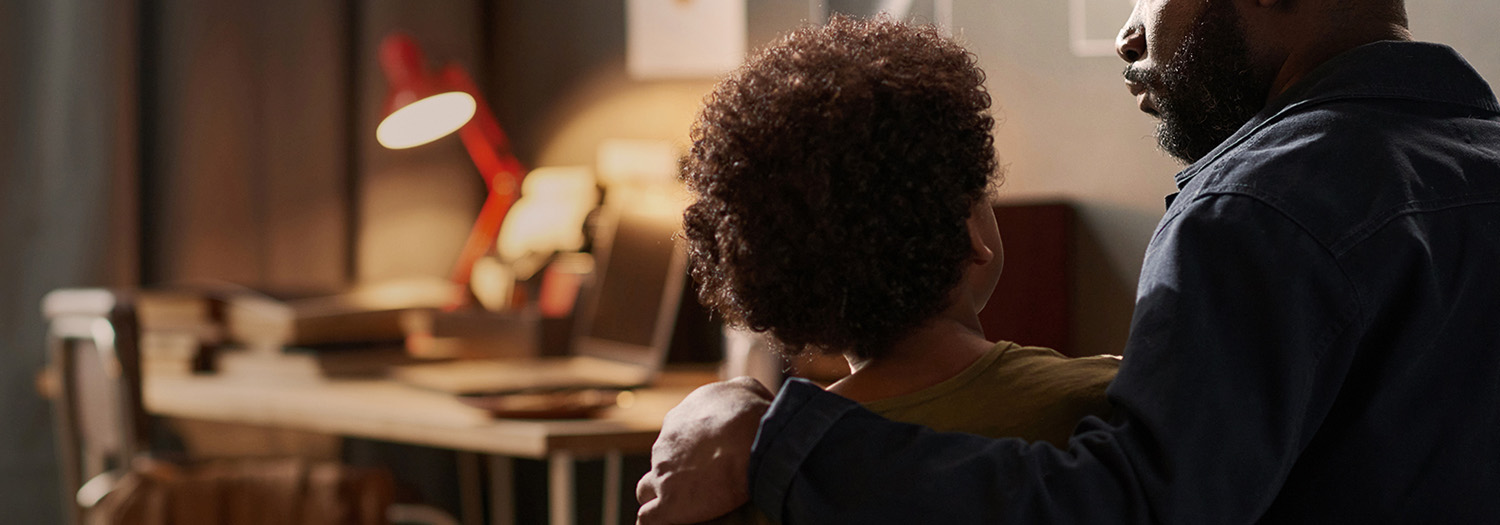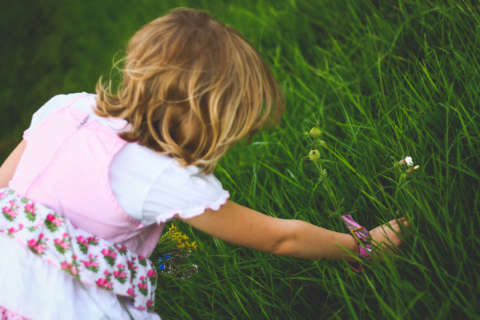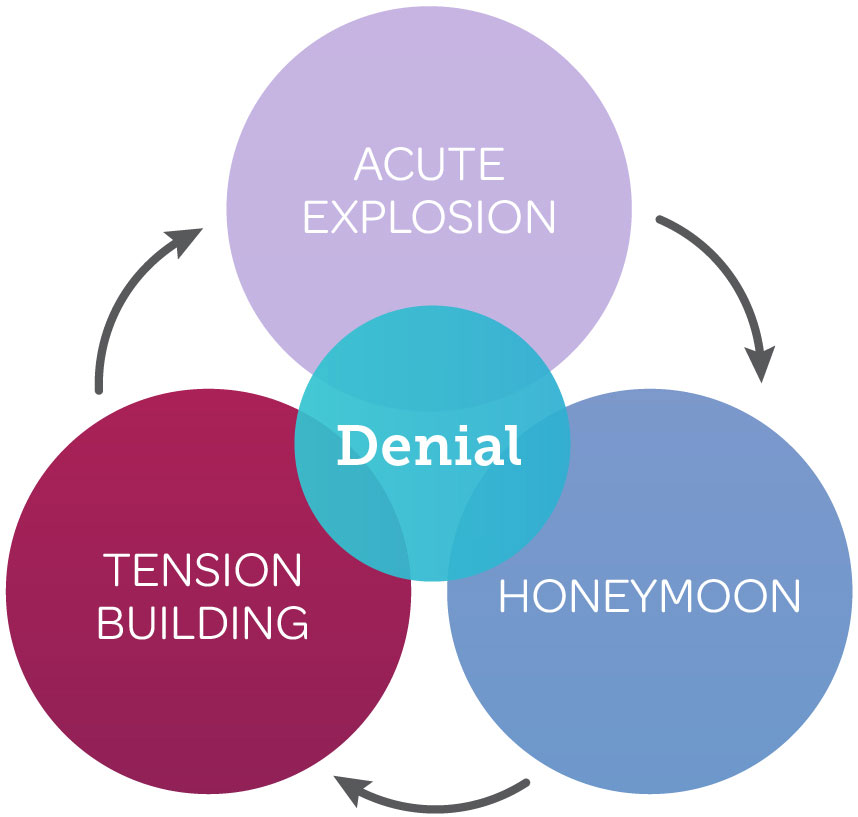
Stay Informed
Creating a community free of domestic violence requires continual information sharing and dialogue. Stay connected with us through the information resources on this page and – please – share what you learn.
Stay Informed
Join Our Email Newsletter
Violence During Childhood and Adolescence

When a child is born he or she is completely dependent on their caregivers to teach them about what it means to be a human being. Children need to develop close attachments with a parent who they can trust to take care of their every need. If a child is not properly stimulated and cared for, they will grow to see the world as a cold and uninviting place. Parents are disengaged with their children; while victims are often solely concerned with self-survival and abusers focusing on maintaining control and power, children are left behind. Children develop low self-esteem, engaging in sibling violence and anti-social behavior. If there is a constant violence in their life, they can develop behavior problems and health issues in response to their environment. Behaviors and health issues include:
Behaviors & Health Issues:
- Abuse drugs/alcohol
- Aggression/anger/hostility
- Belief in rigid stereotypes and gender privilege
- Clinging to parents or teachers
- Depression
- Eating problems
- Engage in delinquent behavior
- Feeling responsible for the family
- Fear and anxiety
- Low self-esteem
- Poor conflict resolution skills
- Poor peer, sibling and social relationships
- Poor school performance
- Running away from home
- Sleeping problems (bed wetting & nightmares)
The sooner the child is away from the violence, the sooner they can begin a healing process. The Marjaree Mason Center has a variety of classes, facilities, and individuals who are dedicated to helping children through this healing process. If you and your family, or the family of a loved one is experiencing domestic violence call Marjaree Mason Center’s 24 hour confidential hotline at 559.233.HELP (4357).
